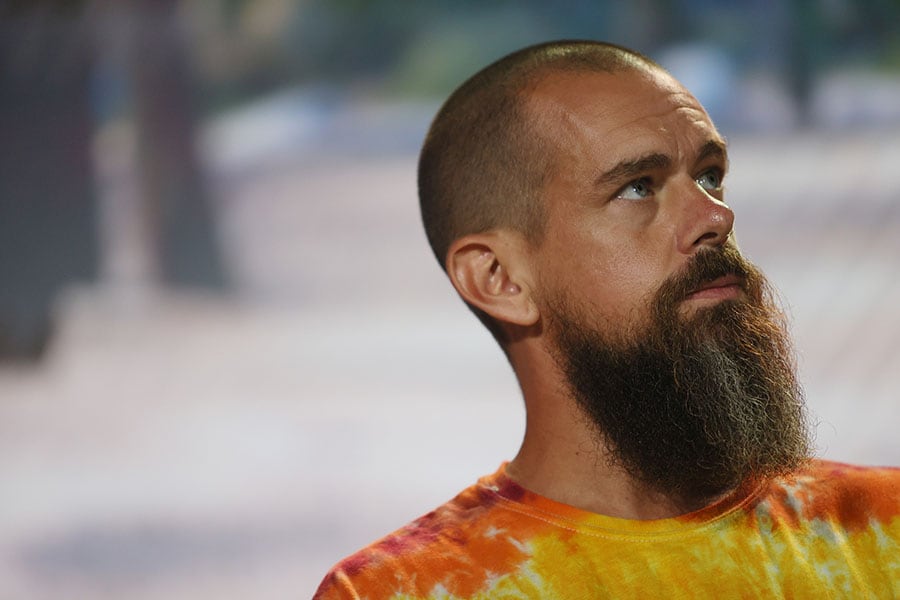
Jack Dorsey calls out Indian government in interview; India denies claims
Twitter's co-founder recalls requests to remove accounts critical of the government during the 2021 farmers' protests
 Jack Dorsey; Image: Joe Raedle/Getty Images
Jack Dorsey; Image: Joe Raedle/Getty Images
On June 12, in an interview with US-based YouTube channel Breaking Points, Jack Dorsey, Twitter’s co-founder and former chief, spoke about the many requests Twitter received from the Indian government during the 2021 farmers’ protests, regarding journalists who were critical of the government. During the protests, the government had asked Twitter to remove over 1,000 accounts related to the agitations. It alleged that many were run by overseas supporters of the Khalistan movement while some were backed by Pakistan. Twitter initially suspended some of the accounts. However, it later restored them after informing the government that it considered the contents to be acceptable free speech.
In the interview, Dorsey was asked about the pressures he had received from foreign governments during his time as Twitter’s CEO. He said, “India, for example, was a country that had many requests around the farmers' protests, around particular journalists that were critical of the government, and it manifested in ways such as ‘we will shut Twitter down in India’, which is a very large market for us, ‘we will raid the homes of your employees’, which they did, ‘we will shut down your offices, if you don’t follow suit’. And this is India, a democratic country.”
Union Minister of Electronics and Technology Rajeev Chandrasekhar has called Dorsey’s statement an “outright lie”. Responding to the allegations, he tweeted, “@twitter under Dorsey and his team were in repeated and continuous violations of India law. As a matter of fact they were in non-compliance with law repeatedly from 2020 to 2022 and it was only June 2022 when they finally complied.”
During the interview, the hosts asked Dorsey if current Twitter boss Elon Musk has lived up to his own free speech commitments on the platform and how Dorsey sees the tensions between a free speech commitment and a for-profit company. “We were more, you know, ideally going for a global appreciation of free speech and free expression itself, and Elon took on a principle of anything that’s allowed by law on the platform, which sets up a dynamic where you have countries like India and Turkey who made many requests to us back in the day to take down particular journalist accounts or give contact information and to remove them from the platform, so I think it’s easier to do in the US,” Dorsey said.
He further noted that if Twitter follows the relevant laws regarding free speech in various countries rather than commit to a universal idea of free speech, then governments of countries like Turkey and India will use this to demand the takedown of content that do not serve them.





